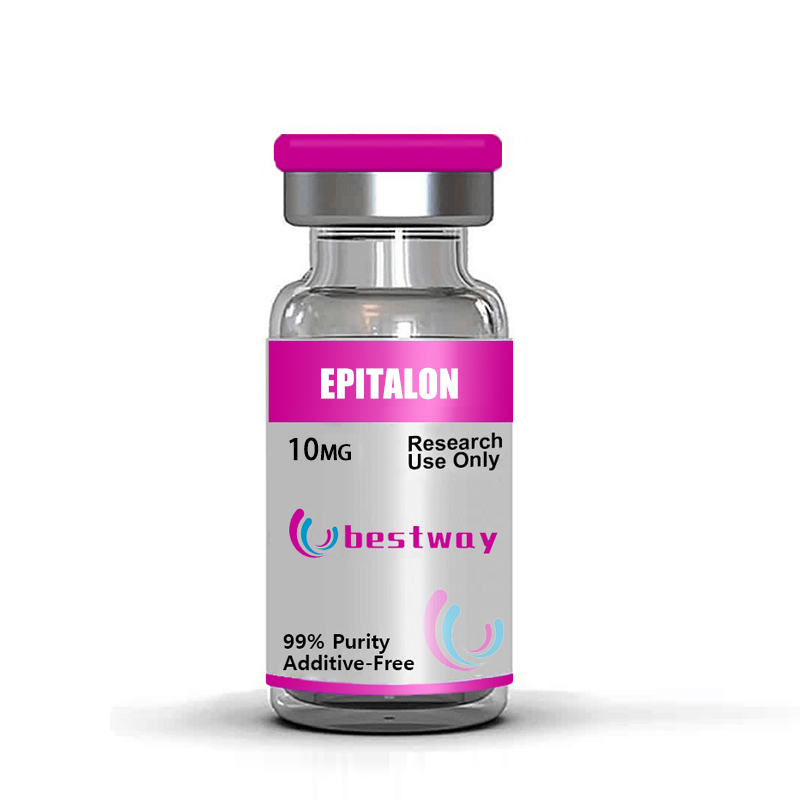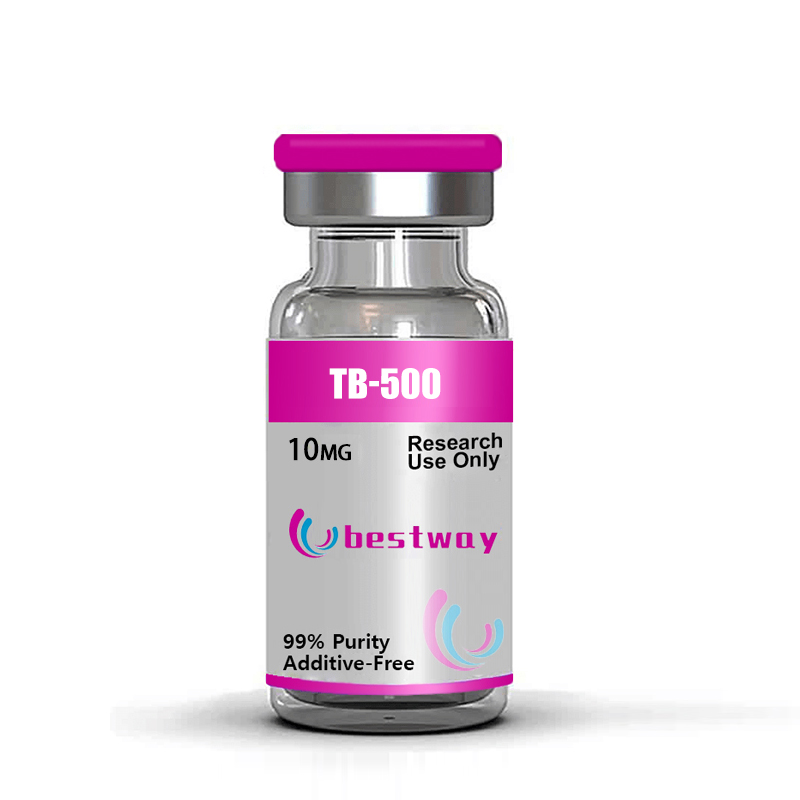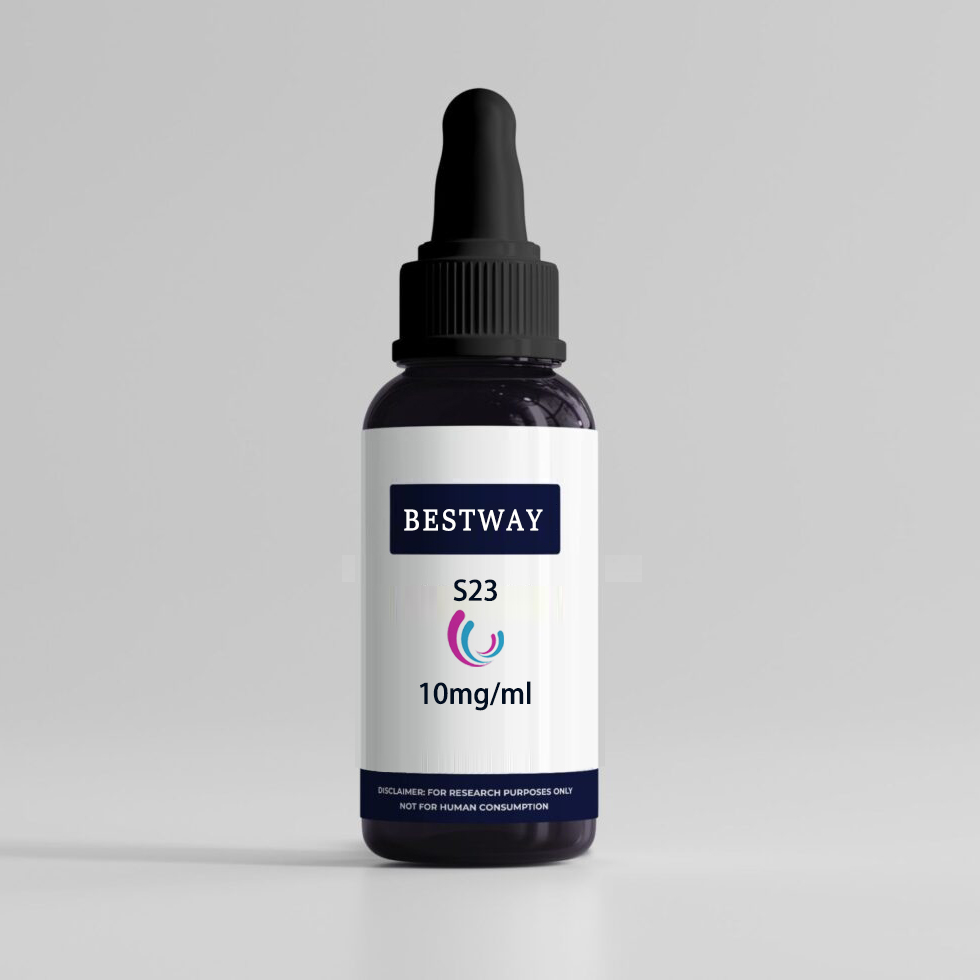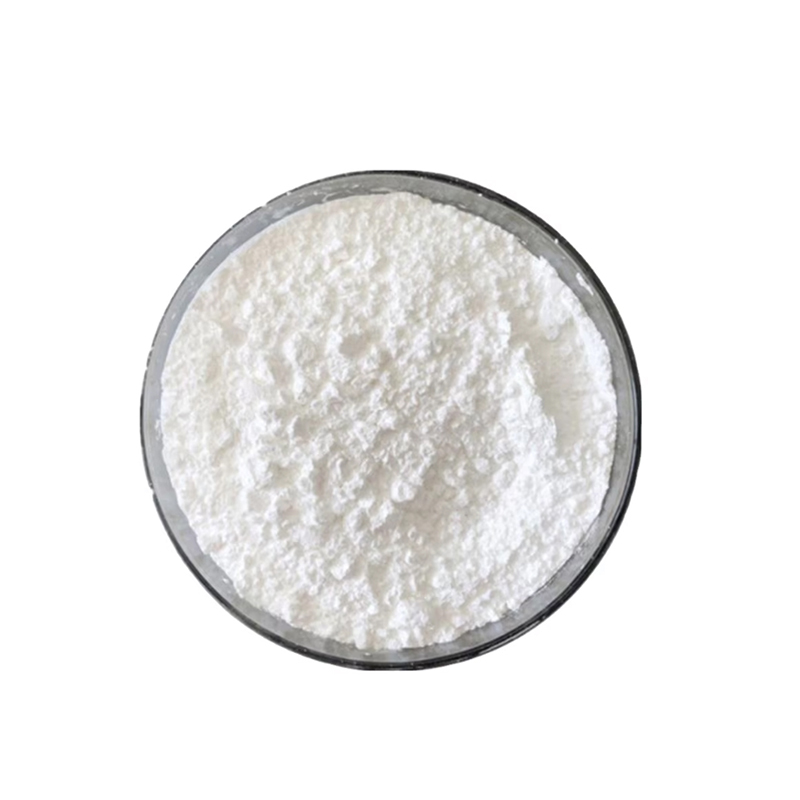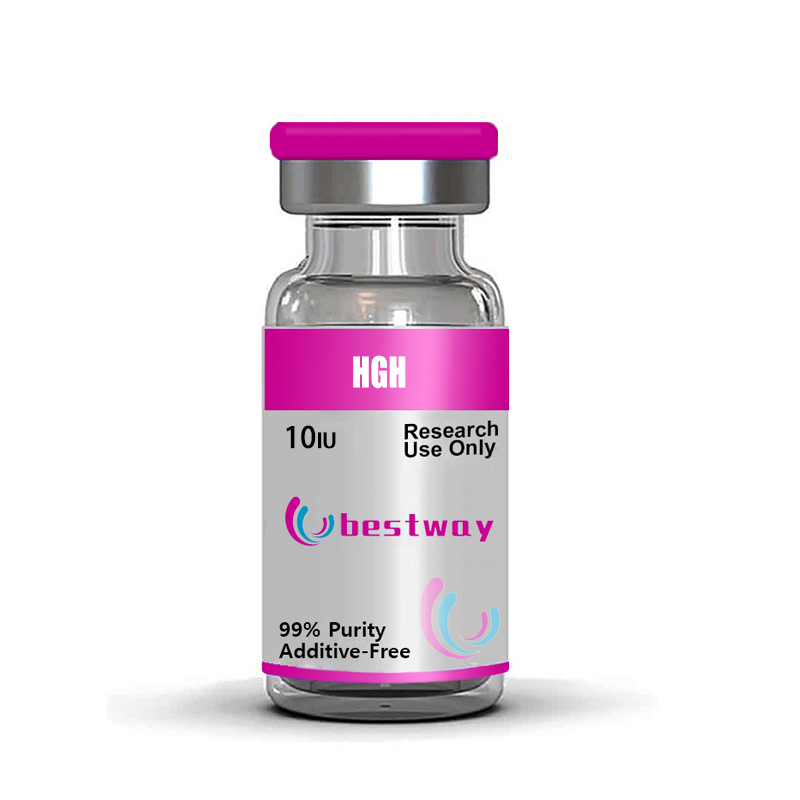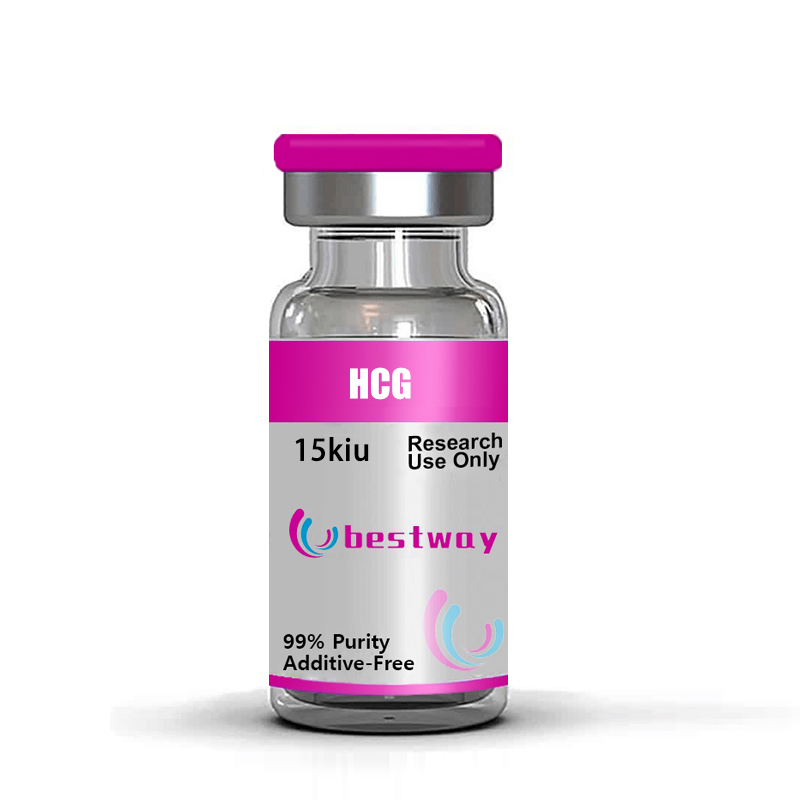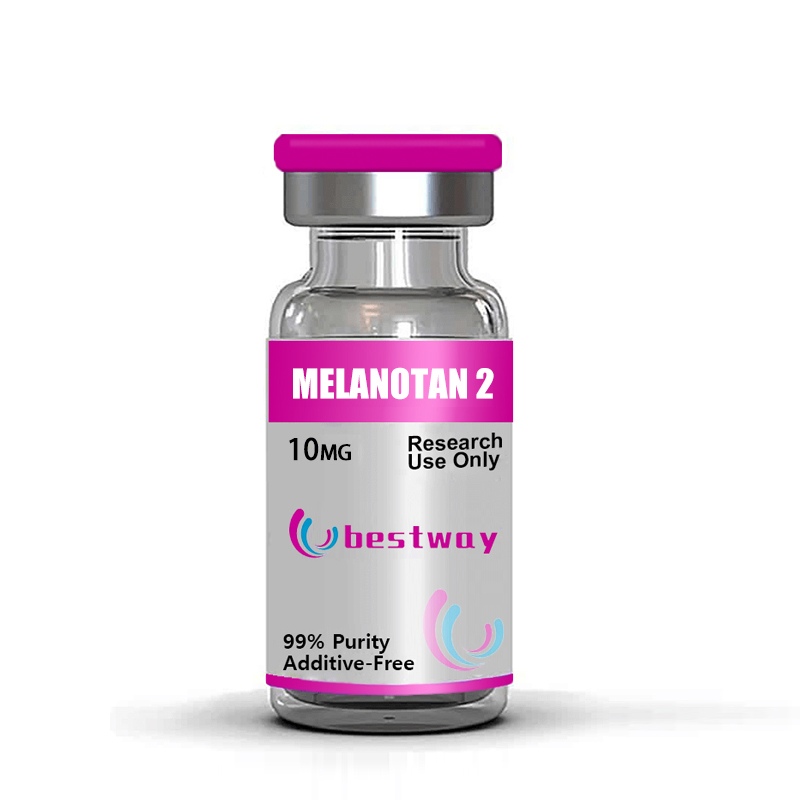What is Epitalon (Epithalon) Peptide?
Epitalon, also known as Epithalon or Epithalone, is a synthetic version of a naturally occurring polypeptide called Epithalamine, which is produced in the pineal gland. This tetrapeptide, consisting of four amino acids bound together, plays a significant role in the body’s ability to combat aging and promote rejuvenation.
Discovered by Russian scientists Vladimir Khavinson and Vladimir Anisimov, Epitalon has been the subject of numerous studies, primarily focusing on its potential to extend lifespan and improve health by stimulating the production of telomerase, an enzyme that aids in the maintenance and repair of telomeres.
Epitalon and Telomere Length
Epitalon is a synthetic peptide known for its potential to influence the aging process by affecting telomeres, the protective caps at the ends of chromosomes. Research has shown that Epitalon can stimulate the production of telomerase, an enzyme that plays a key role in maintaining and extending telomeres. This process is crucial because as cells divide, telomeres naturally shorten, leading to aging and eventual cell death. By promoting telomerase activity, Epitalon may help to extend the lifespan of cells, potentially offering a way to slow down the aging process.
A study published in 2003 by Khavinson et al. demonstrated that adding Epitalon to cultures of human somatic cells, which do not normally produce telomerase, resulted in the activation of telomerase and a significant elongation of telomeres [R]. This suggests that Epitalon could reactivate the telomerase gene in somatic cells, offering a glimpse into its potential to extend cellular life and, by extension, positively impact overall organismal longevity.
Epitalon and Anti-Aging and Longevity
Epitalon has been a subject of interest in longevity research for its potential anti-aging effects. A study published in 2003 explored the impact of Epitalon on female Swiss-derived SHR mice, revealing that while the peptide did not affect food consumption, body weight, or mean lifespan, it did slow down age-related estrous function decline and reduced chromosome aberrations in bone marrow cells. Notably, Epitalon increased the lifespan of the last 10% of survivors by 13.3% and the maximum lifespan by 12.3% compared to the control group. It also inhibited the development of leukemia, suggesting a geroprotective activity and the safety of its long-term administration in mice.
Another study highlighted Epitalon’s role in gene expression and protein synthesis during neurogenesis, suggesting an epigenetic mechanism. The peptide was shown to stimulate neuronal cell differentiation in retinal and human periodontal ligament stem cells, indicating its potential in neuroprotective strategies .
Epitalon’s anti-aging properties are linked to its ability to activate telomerase, an enzyme that elongates telomeres, the protective caps at the ends of chromosomes that shorten with age. By maintaining telomere length, Epitalon could theoretically slow the aging process at the cellular level, offering a promising avenue for research into extending human healthspan.
Epitalon and Neurological Health
A study by Khavinson et al. in 2020 revealed that Epitalon can stimulate gene expression and protein synthesis during neurogenesis, suggesting a possible epigenetic mechanism. This research indicates that Epitalon may play a role in the differentiation and development of neurons [R].
Further exploration into the neuroepigenetic mechanisms of ultrashort peptides like Epitalon has shown that they can interact with components of the gene expression machinery within the brain, potentially influencing higher-order cognitive functions [R]. These findings are significant as they offer a glimpse into how Epitalon could be used to understand and perhaps influence the complex processes of learning, memory, and neurodegenerative diseases such as Alzheimer’s.
Epitalon and Cancer Risk
In a study by Anisimov et al. (2003), Epitalon was administered to female Swiss-derived SHR mice, revealing that while it did not affect their average lifespan, it did slow down age-related changes and reduced the frequency of chromosome aberrations in bone marrow cells. Notably, Epitalon did not alter the overall incidence of spontaneous tumors but significantly inhibited the development of leukemia by sixfold compared to the control group .
In the context of mammary tumors, a study published in 2002 demonstrated that Epitalon had an inhibitory effect on the development of spontaneous mammary tumors in HER-2/neu transgenic mice. The peptide reduced both the number and size of tumors, suggesting a potential protective role against certain types of cancer .


